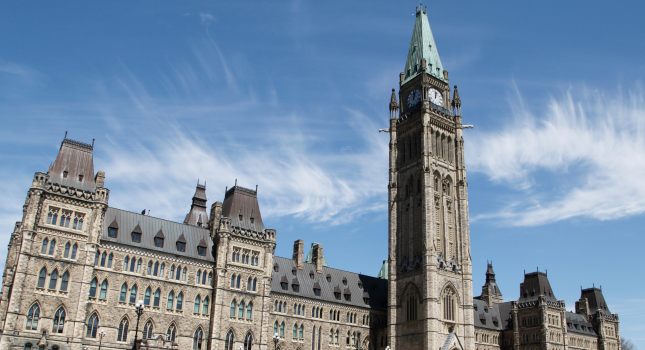On 11 January 2022, the UK government published a consultation seeking views for how a worldwide 15% minimum corporation tax should be domestically implemented. The consultation will run for 12 weeks, until 4 April 2022.
Background:
In May 2019, the OECD/G20 Inclusive Framework on BEPS (Inclusive Framework) agreed a Programme of Work for Addressing the Tax Challenges of the Digitalisation of the Economy.
The Programme of Work is divided into two pillars:
Pillar One addresses the allocation of taxing rights between jurisdictions and considers various proposals for new profit allocation and nexus rules;
Pillar Two (also referred to as the “GloBE” proposal) focuses on the remaining BEPS issues and seeks to develop rules that would provide jurisdictions with a right to “tax back” where other jurisdictions have not exercised their primary taxing rights or the payment is otherwise subject to low levels of effective taxation.
What triggered the UK consultation?
In October 2021, 136 countries and jurisdictions agreed on the swift implementation of both Pillar One and Pillar Two which will result in a major reform of the international corporate tax system. This multilateral solution will help to significantly limit / end international tax avoidance and ensure that big businesses pay their fair share of tax.
The OECD published detailed guidance on the Pillar 2 framework on 20 December 2021 which the UK government is using to implement the rules in domestic law. The consultation states that the UK government plans to implement the rules “as closely to the OECD Model Rules as possible.”
What is included in the UK’s consultation document?
In addition to the internationally agreed 15% global minimum tax, the consultation considers the introduction of a UK domestic minimum tax, as well as potential broader amendments to base erosion and profit shifting (BEPS) measures. The consultation document describes how the UK proposes to translate provisions relating to the application of the minimum tax’s global anti-base erosion (GloBE) rules, the calculation of effective tax rate, reporting and payment.
When are these changes set to come into effect?
The UK government expects to include legislation relating to the GloBE “income inclusion rule” in the Finance Bill 2022-23. This means that changes would take effect from April 1, 2023.
What is the aim of the consultation?
The consultation seeks views on the application of the global minimum corporation tax in the UK, as well as a series of wider implementation matters, including who the rules apply to, transition rules and how firms within scope should report and pay.
Key Takeaways:
The UK are leading the way by introducing their consultation so quickly following the release of the OECD model rules. However, caution should be taken, as the commentary on the OECD model rules has not yet been released – and is not expected for another few months.
We have seen with other global tax legislation that the UK being ahead of the curve shows how serious the government is taking this important topic, but there is an underlying fear that legislation may be rushed through too soon, and will require alterations as other countries try to keep up.
It is important to stay up to date with developments in the Global Minimum Tax Reforms. At VinciWorks we know that tax compliance and training can be a hassle. VinciWorks tax evasion training suite brings together gamified, customisable and relevant learning to form the ultimate tax evasion compliance solution. For more information, get in touch with us.


